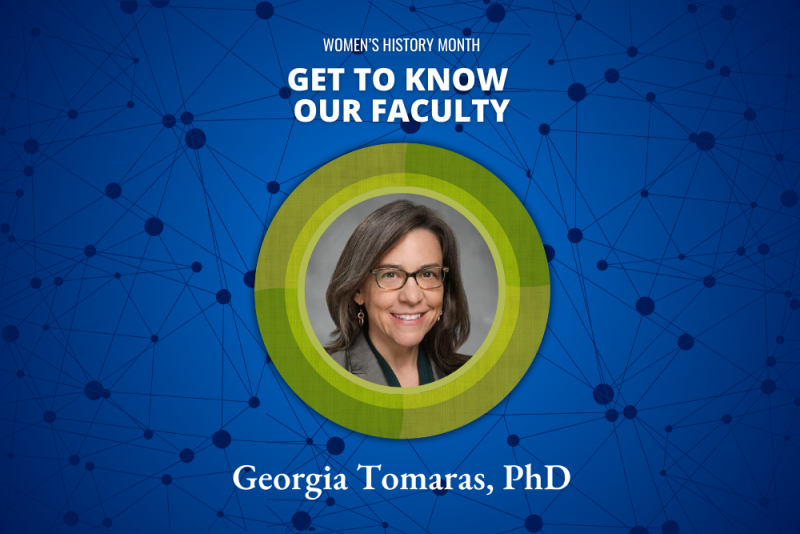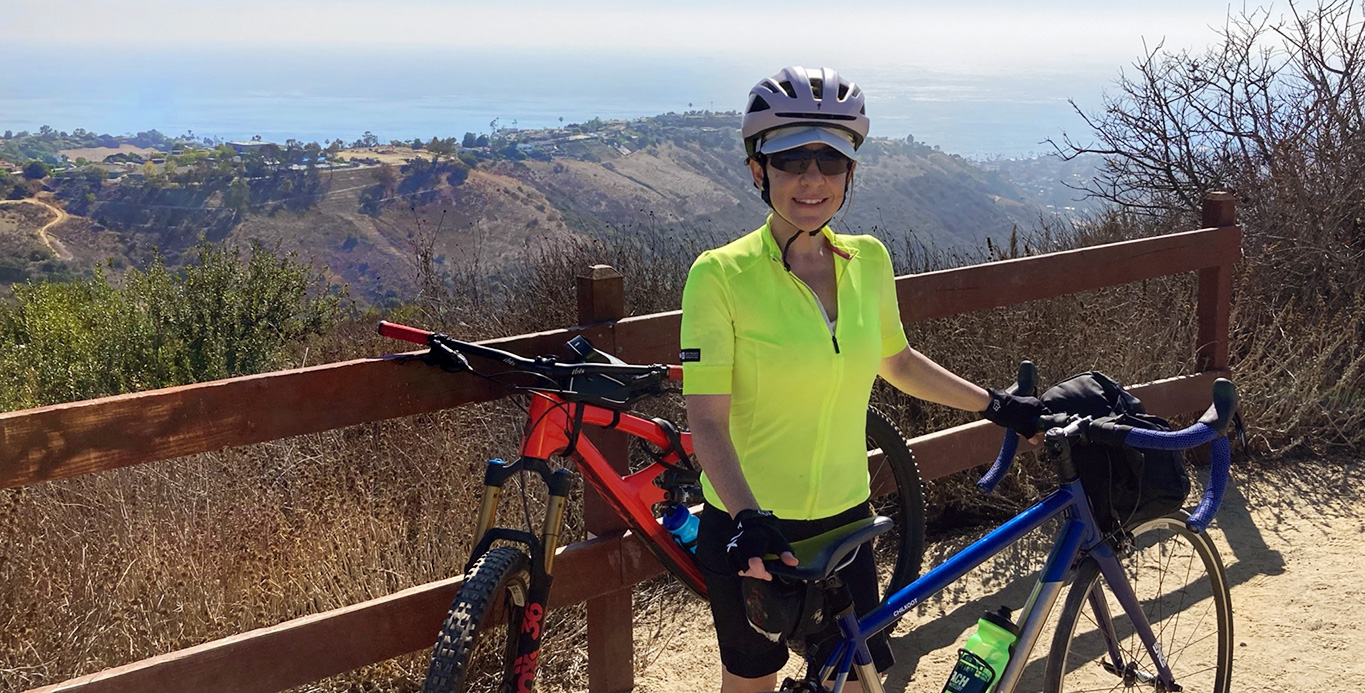
Georgia Tomaras, PhD, started her laboratory at Duke University in 2001. She is a Professor in Integrative Immunobiology, a Professor in Surgery, Chief, Division of Surgical Sciences, and a Professor in Molecular Genetics and Microbiology, a Fellow of the American Academy of Microbiology (AAM) and a Fellow of the American Association for the Advancement of Science (AAAS).
Dr. Tomaras is Director of the Duke Center for Human Systems Immunology (CHSI), Immunological Sciences and Director of the Duke Center for AIDS Research (CFAR). Her national and international leadership roles include: Executive Management Team (EMT) leader and mPI for the HIV Vaccine Trials Network (HVTN); Director of Lab Sciences (HVTN) and the PI of the Antibody Dynamics platform with the Bill & Melinda Gates Foundation for identification of correlates of protection for malaria vaccines. Dr. Tomaras’ primary research focus is deciphering mechanisms of protective human immunity and identification of immune correlates of protection to further development of effective vaccines against infectious diseases.
Get to know Dr. Tomaras better in this short interview.
At the University of Michigan, Dr. Tomaras pursued biology, later specializing in immunology at SUNY Upstate Medical University, where she got her PhD in 1998.
What inspired you to pursue a career in science and academia?
In college, I selected a work-study job in an academic clinical research lab as a microbiologist. I was inspired by novel immunology research being performed by the fellows and residents in this lab environment.
Describe your research interests and the focus of your work:
My lab is focused on understanding immune variation among individuals to find ways to maximize immune potential and prevent infection. One of the main goals of my laboratory are to reveal the specificities and functions of protective antibody responses that lead to prevention or resolution of disease.
How do you see your research contributing to the department and the broader scientific community?
For the department: training graduate students, post-docs, post-bacs in the scientific method and solving complex problems through teamwork and the integration of experimental and computational immunology. For the broader scientific community: data from our laboratory directly contribute to the design and implementation of new vaccine and immuno-prophylaxis regimens.
Tell us about some of your recent relevant publications?
Williams, LaTonya D., et al. "Viral vector delivered immunogen focuses HIV-1 antibody specificity and increases durability of the circulating antibody recall response." PLoS Pathogens 19.5 (2023): e1011359.
Our results revealed a complex dynamic of HIV-1 immunity post-vaccination that require careful balancing to achieve protective immunity in the vaccinated population. Remarkably, a viral vector boost immunogen could selectively enhance antibody specific immune correlates of decreased HIV-1 risk.
Seaton, Kelly E., et al. "Pharmacokinetic serum concentrations of VRC01 correlate with prevention of HIV-1 acquisition." EBioMedicine 93 (2023).
We identified concentrations of an HIV broadly neutralizing antibody that correlated with prevention of HIV-1 acquisition in a human clinical trial. Our study revealed an interplay between baseline body weight and bnAb concentrations in prevention efficacy supporting a role for fixed-dose regimens in upcoming efficacy trials.
In her free time Dr. Tomaras enjoys cycling to see new places.
